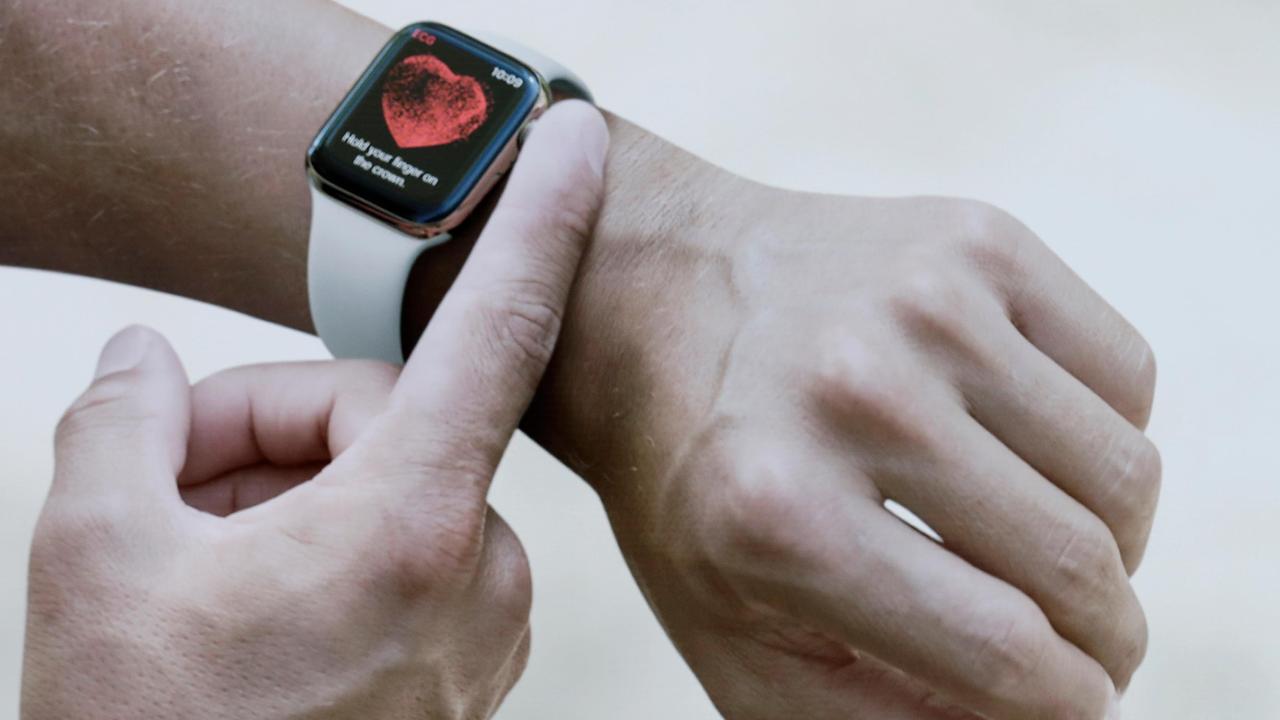Revolutionary health apps and the new Apple Watch
The new Apple Watch Series 4 includes several health features that have caught my attention as a practicing internist. Overall, I think these features represent a huge leap forward in the world of health care and self-monitoring and come at exactly the right time, as we look to expand the applications of telemedicine and provide remote access. Of course there are some downsides that need to be considered.
The watch includes a feature that monitors your breathing and, if needed, reminds you to breathe. The watch also monitors your falls, and if you don’t get up right away, Siri initiates a call to 911. This feature gives me pause because though I can envision many scenarios where the 911 call is potentially lifesaving I can envision many others where it represents an overreaction.
Though the potential for overreaction is also true for the revolutionary new cardiac features, I confess that I am very excited about them. Improved heart rate sensors and clinical health tracker are very important self-monitoring tools during exercise. Beyond this, the Apple Watch 4 features for the first time a one-lead limb EKG that can recognize and record an arrhythmia like atrial fibrillation as well as potential heart damage. Push a button and your doctor receives this crucial information. Considering that 3 to 6 million people suffer from atrial fibrillation alone, it is clear to me that the new Apple Watch has the potential to save millions of lives, especially combined with telemedicine in rural areas where doctors aren’t readily available.
FDA Commissioner Dr. Scott Gottlieb wrote to me that he considers these new apps a “watershed” moment in health care delivery because for the first time the FDA approval was based on the software rather than the hardware.
“This was the first time we did something like this where we approved the app without ripping apart and reviewing the hardware. These tech giants thought they couldn’t get into approving their apps as medical products without making their entire device a regulated product. We showed them how they can.”
The implications go beyond the smartwatch itself and are in fact an entry point into an entirely new approach to health care. In the future, a patient’s metabolic measurements will form a data base that will not only help physicians like me to treat them, but will also be useful in expanding research into genetic and other personalized approaches to health care problems. Excessive concerns over privacy will be replaced by the collaborative mandates of science.




















